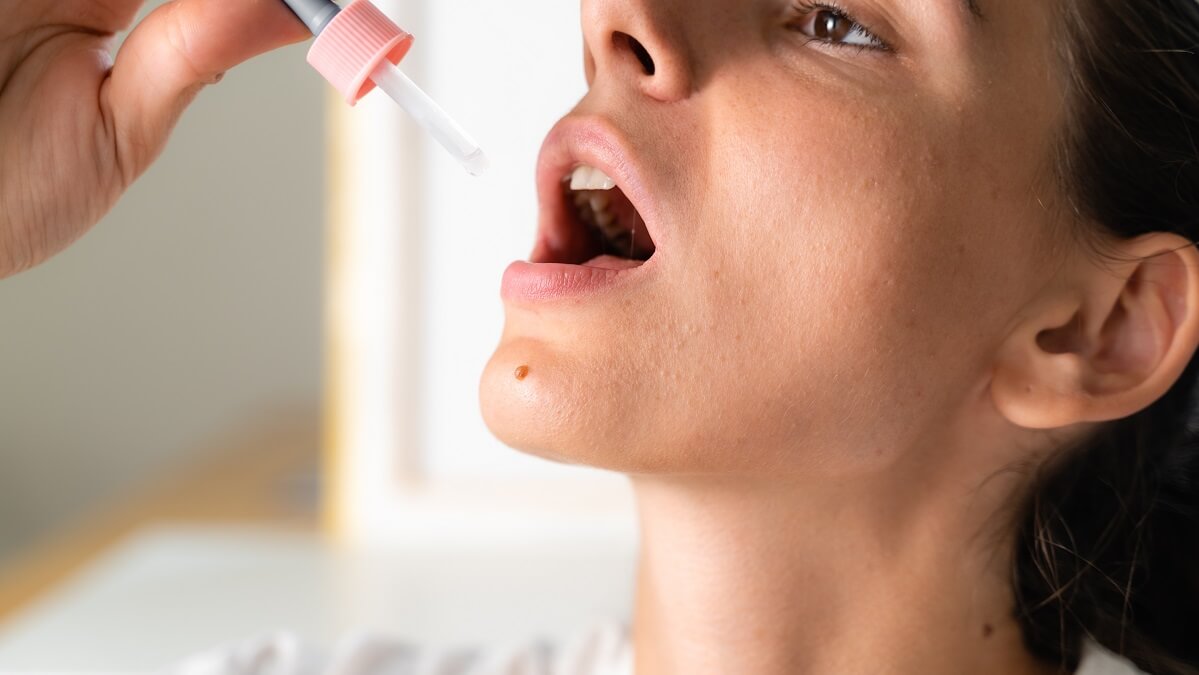Psychedelic drugs such as LSD and psilocin show promise in treatment for depression, but for many, the fear of hallucinations prevents them from even trying these methods. Can the antidepressant effects be separated from the hallucinations?
Depression is one of the most common mental health issues people face, and is particularly common among older Australians, with more than one in 10 older people experiencing the condition.
Fortunately, there are many different pharmaceutical options when it comes to treating depression, but unfortunately they don’t work for everyone.
Resistance to more traditional depression drugs, such as selective serotonin reuptake inhibitors (SSRIs), has prompted researchers to explore alternative avenues for therapy – which has led research towards psychedelics.
Most commonly used recreationally, psychedelic compounds have been found to be very effective in reducing depressive symptoms, but obviously come with a catch.
As the name suggests, psychedelics can induce powerful hallucinations in users, which can be extremely distressing for some. This is clearly counterproductive.
So, a team of researchers at the University of Helsinki set out to see if the antidepressant effects of psychedelics could be separated from the hallucinations.
In their study, published in the journal Nature Neuroscience, the team first looked at whether or not the antidepressant effect and hallucinogenic effect were actually two effects that could be separated, rather than two sides of the same coin.
The team learned that psychedelics reduce depressive symptoms by binding to the TrkB protein in the brain, which in turn encourages the production of brain-derived neurotrophic factor (BDNF) – a substance that increases your brain’s ‘plasticity’, or its ability to make new connections between neurons.
Put simply, the more connections your brain is able to make, the less likely you are to have depressive symptoms.
In addition, the researchers confirmed that a different mechanism was responsible for the antidepressant and hallucinogenic effects.
To see if the hallucinogenic effects could be blocked, the team experimented on a group of mice. First, the team conditioned the mice to fear the scientists’ stamping feet – using this to measure their depression symptoms.
After this conditioning, the mice were split into a control group and a treatment group. They then dosed the treatment group with LSD along with a serotonin 2A blocker and tried to revert the conditioned mice to not fear the foot stamps.
They learned two things. First, that the LSD dose reduced the treatment group’s fear of the stamps to a level below that of the control group.
Second, that the neural pathways controlling depression symptoms are separate and distinct from those that cause hallucinations.
Although the study hasn’t produced any hallucination-free psychedelics just yet, the researchers are hopeful this demonstration will encourage even further research into the subject.
Earlier this year, the Therapeutic Goods Administration (TGA) approved the psychedelic substances psilocybin (found in ‘magic’ mushrooms) and MDMA (found in ‘ecstasy’) for prescribing by authorised psychiatrists for the treatment of depression.
Have you ever experienced depression? Would you consider using a psychedelic substance? Let us know what you think in the comments section below.
Also read: Researchers develop blood test for anxiety

